MIDTERM HOA 3 REVIEWER
1/43
Earn XP
Description and Tags
Japan, Korea, China, Taiwan, Macau building structures
Name | Mastery | Learn | Test | Matching | Spaced |
|---|
No study sessions yet.
44 Terms
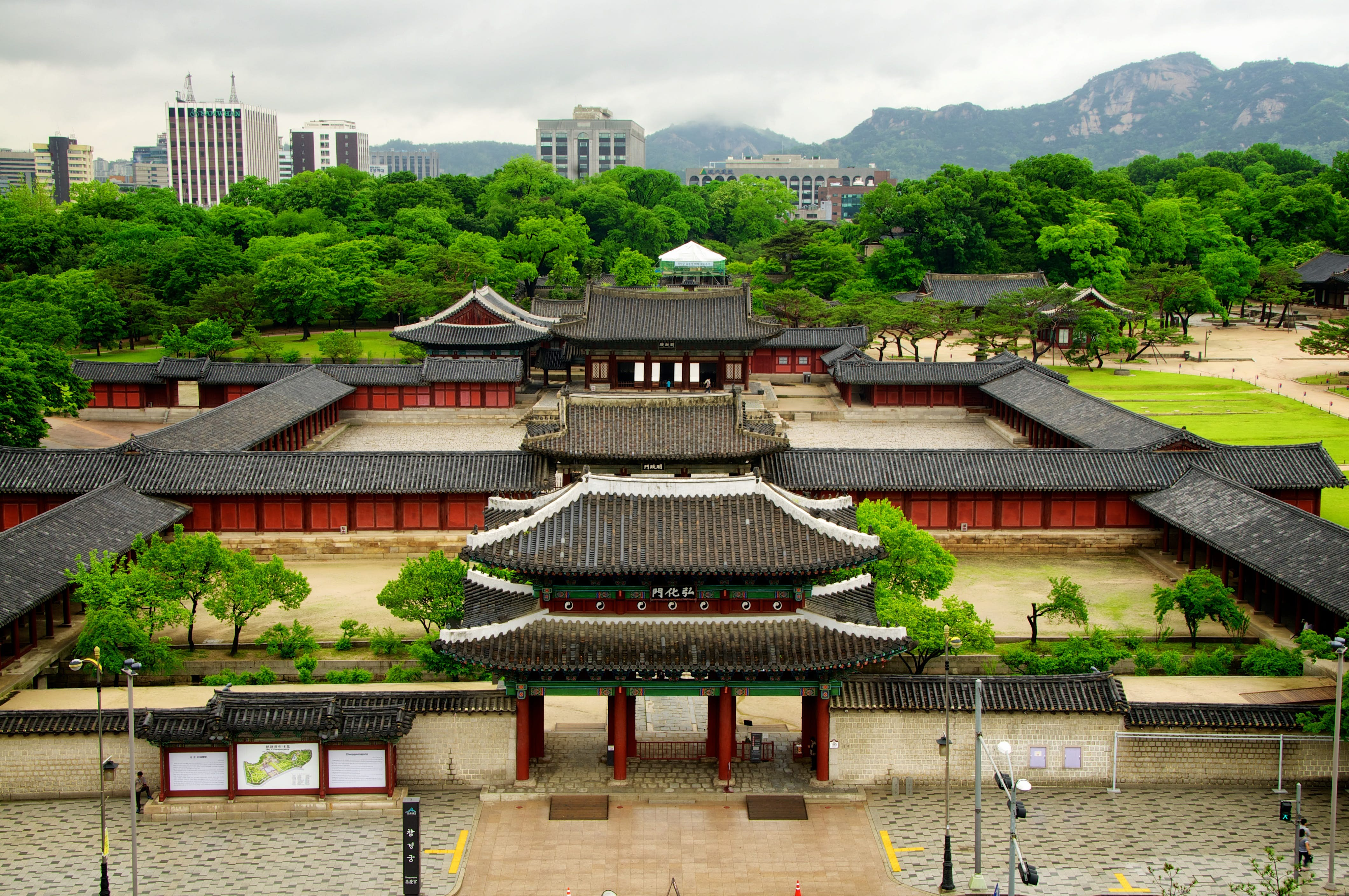
CHANGGYEONGGUNG PALACE
Constructed by King Sejong for his father King Taejong
Initially served as residential quarters for queens and concubines.
Relocated in 1983.
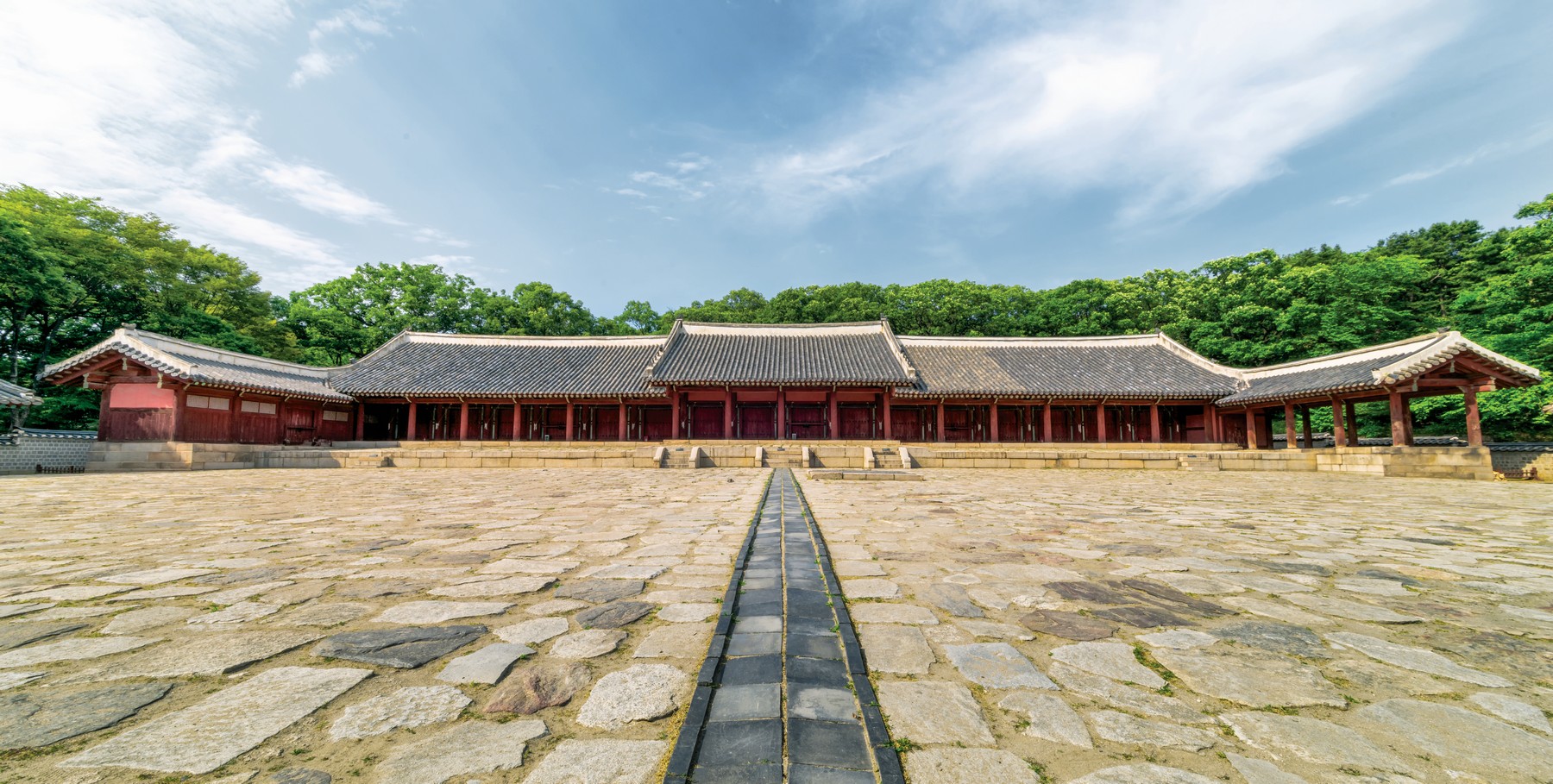
JONGMYO SHRINE
Royal ancestral shrine of the Joseon dynasty
Houses spirit tablets of Joseon kings and consorts
Embodies Confucianism principles.
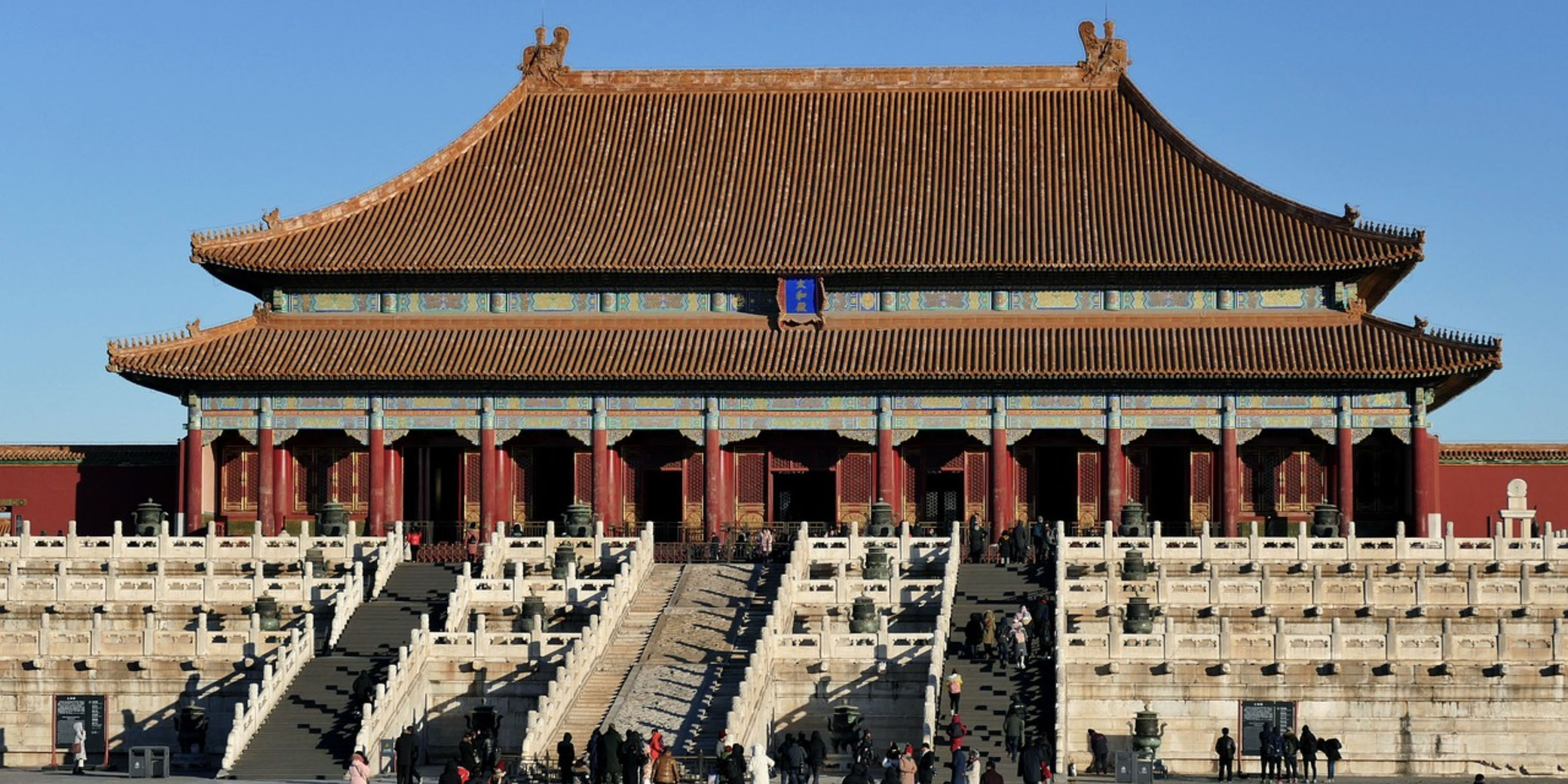
FORBIDDEN CITY
GUGONG ‘THE FORMER PALACE’
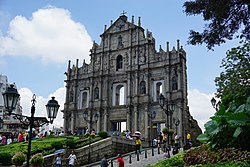
RUINS OF ST. PAUL
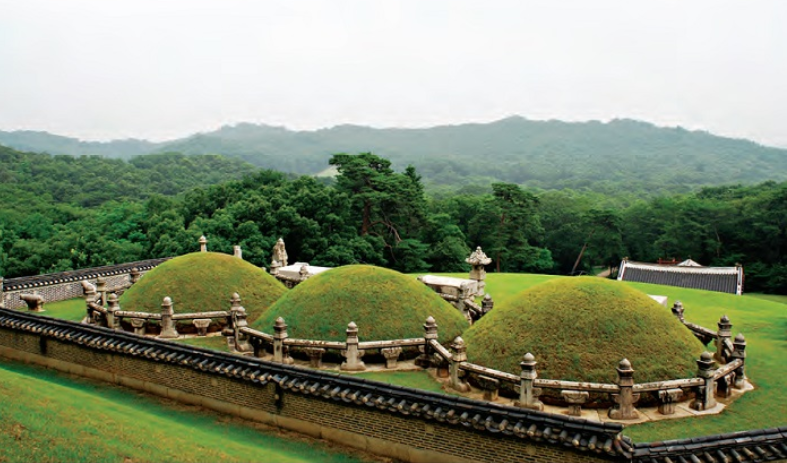
DONGGURUENG
Cluster of NINE NUENG type tombs
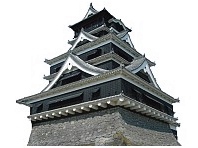
GUARD TOWER / TURRETS
Japanese term: Yagura
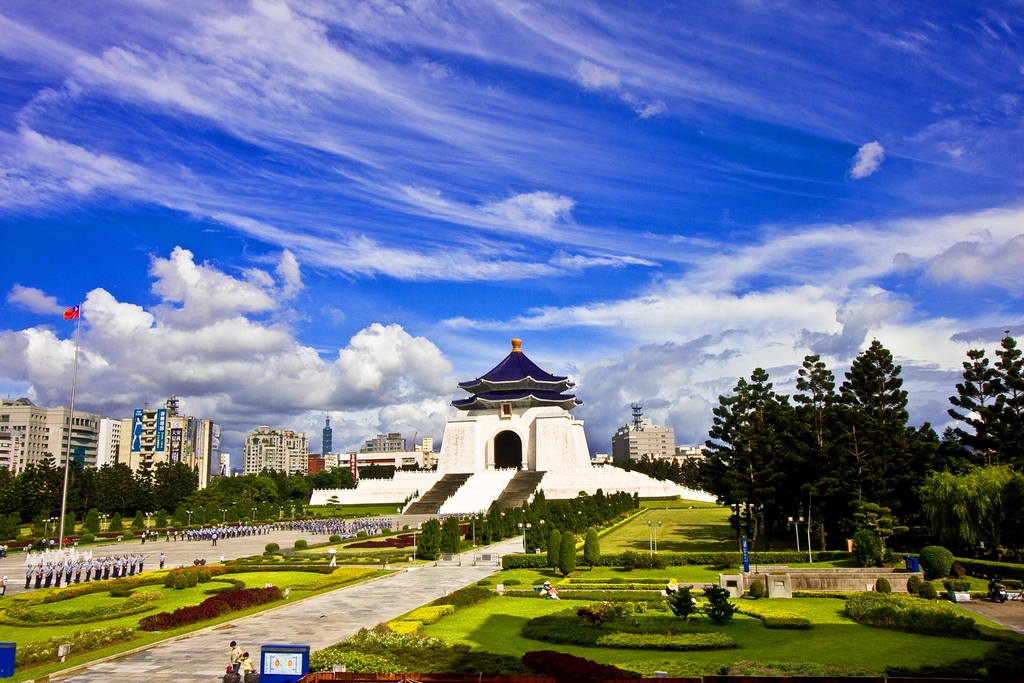
CHIANG KAI SHEK MEMORIAL HALL
in memory of Chiang Kai Shek, the first president of the Republic of China.
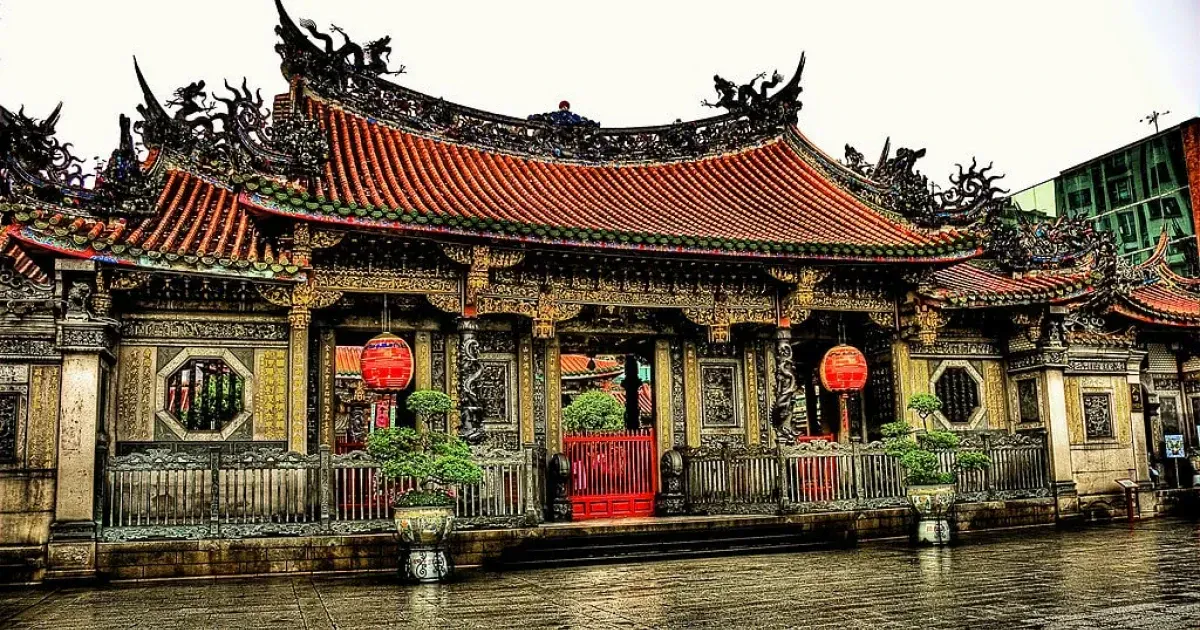
LONGSHAN TEMPLE
Lungshan Temple is a famous old temple in Taiwan. It is for worshiping Guanshiyin Budda and other divine spirits.
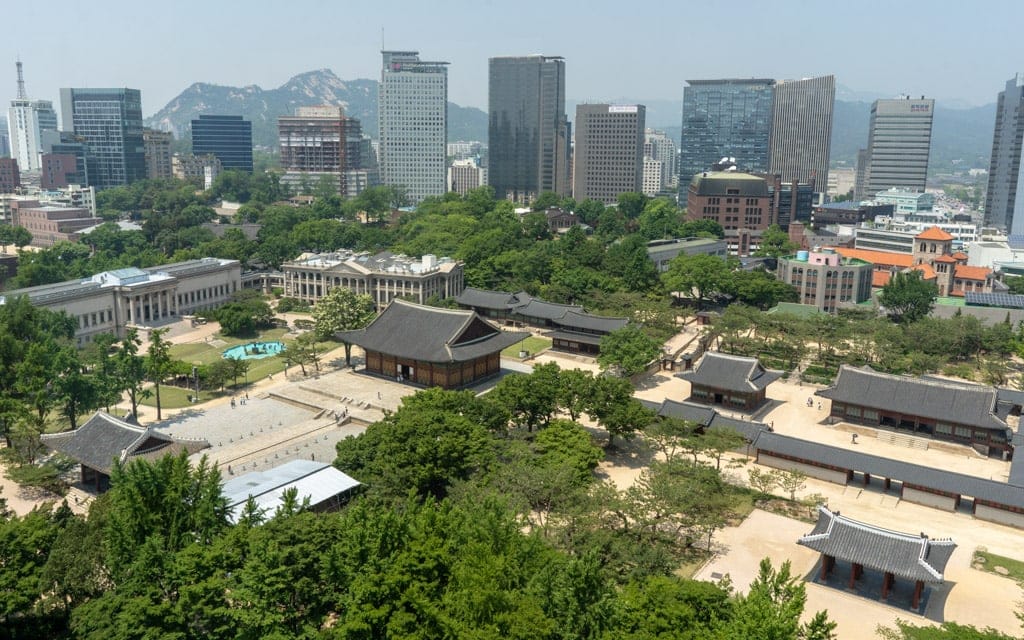
DEOKSUGUNG PALACE
Cultural hub hosting events and activities showcasing Korean history and culture.
Unique blend of traditional Korean and Western architecture.
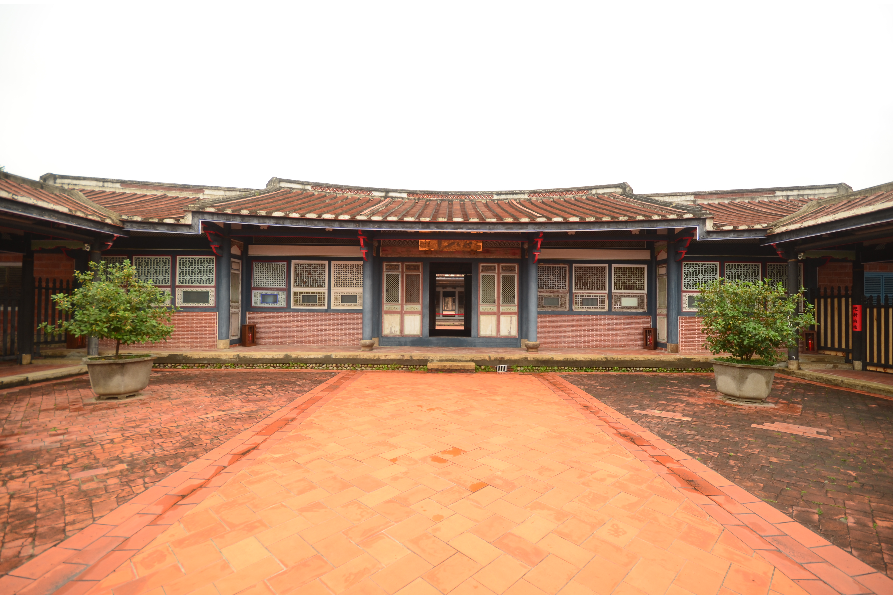
LIN FAMILY COMPOUND IN WUFENG
Prehistoric manmade use of caves for their dwellings.
Taiwan’s oldest known civilization is the Changbin. Lin Family settled in Taiwan in 1746.
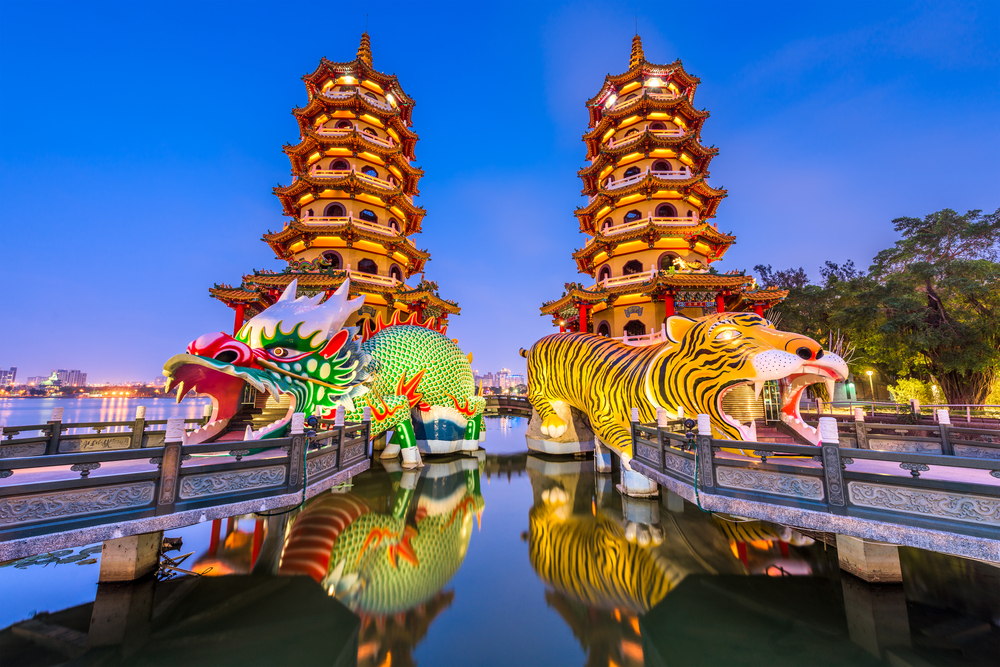
DRAGON AND TIGER PAGODAS
Lianchihtan (LOTUS POND)
Considered to be among the most interesting attractions of the district, the artificial pond on which it is located.
Built in 1951.
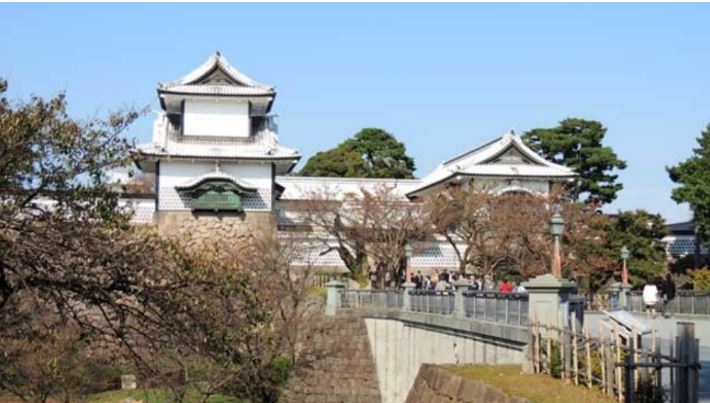
KENROKU-EN GARDEN
‘Six attributes’ ; spaciousness, seclusion, artifice, antiquity, waterways, and panoramas.
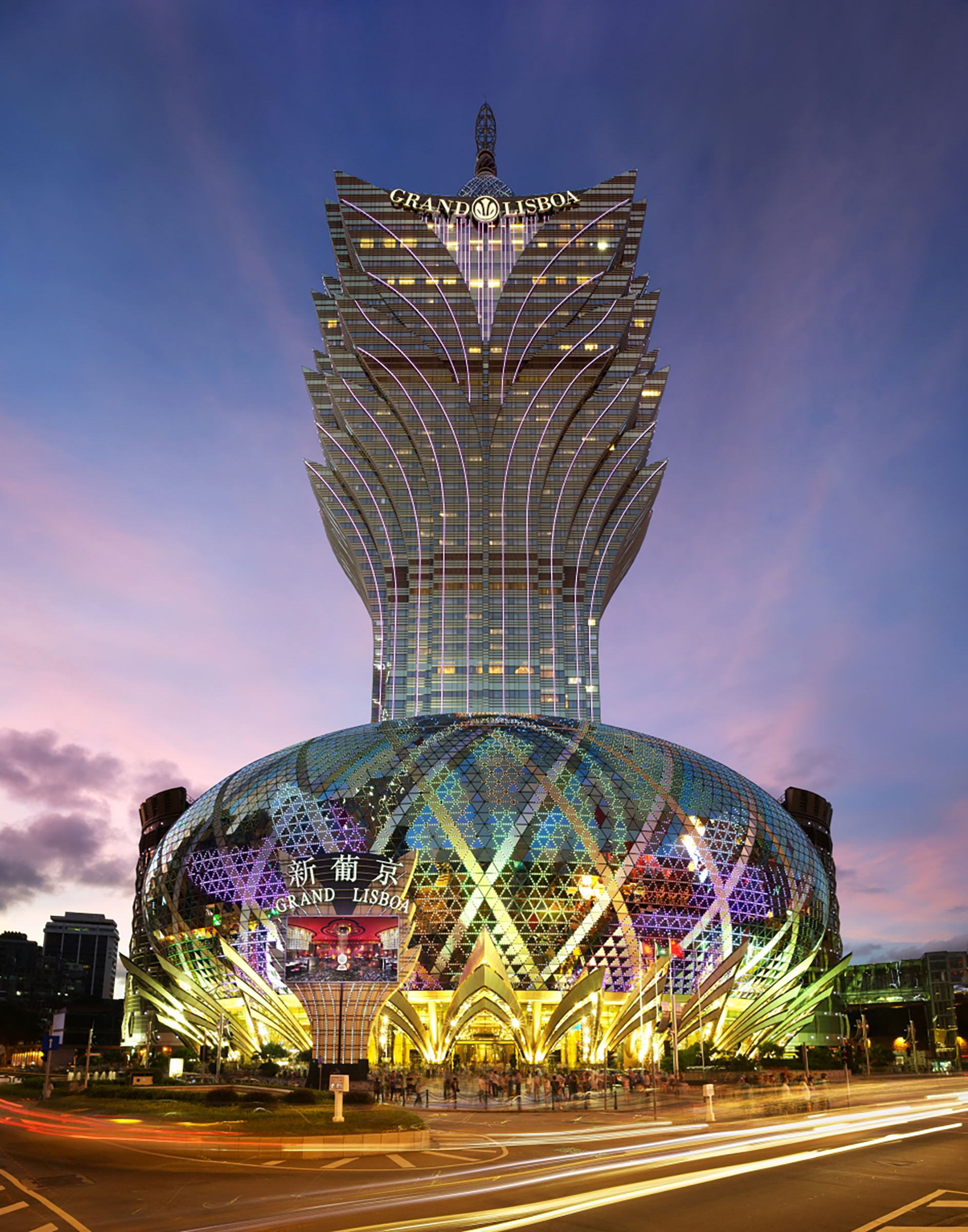
GRAND LISBOA HOTEL, Macau
Concept came from a lotus flower.
Macau is the ‘Las Vegas’ of China for it’s gambling industry.
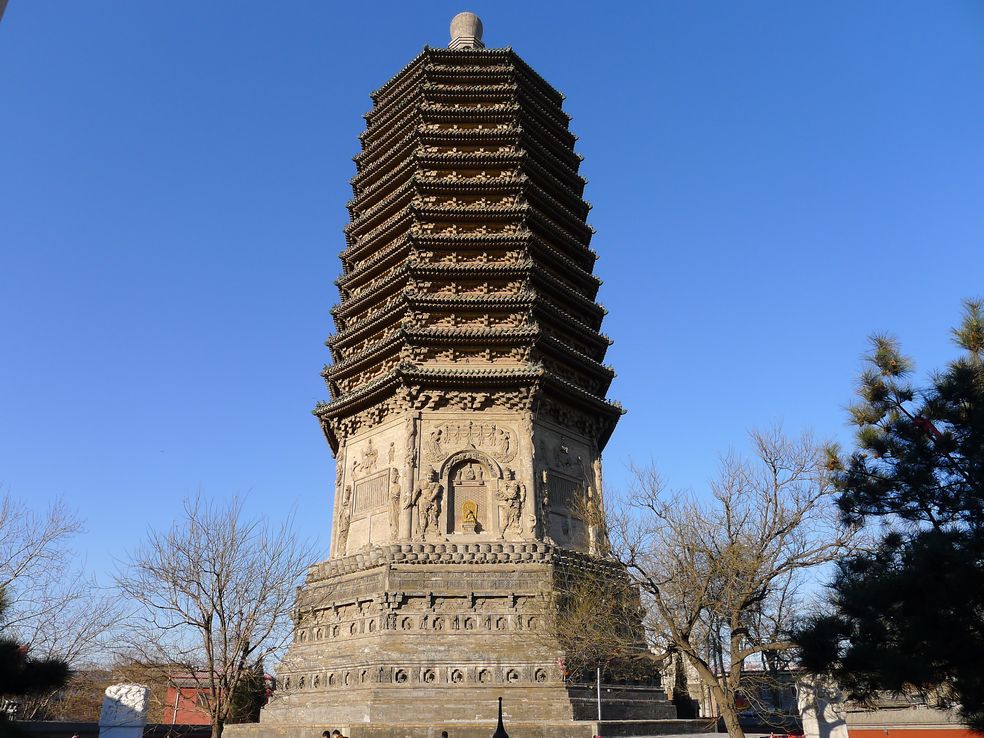
TIANNING TEMPLE
A Buddhist temple complex located in Xicheng District of Beijing, in northern China.
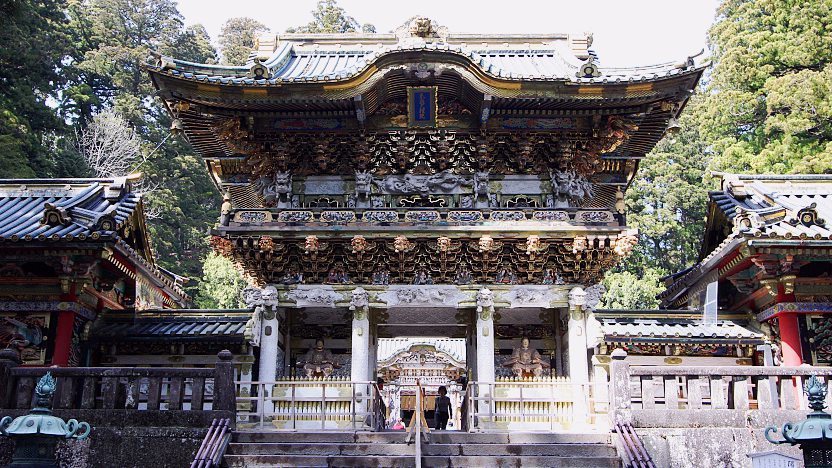
TOSHOGU SHRINE
Tōshō-gū (東照宮) is any Shinto shrine in which Tokugawa Ieyasu (1543–1616) is enshrined.
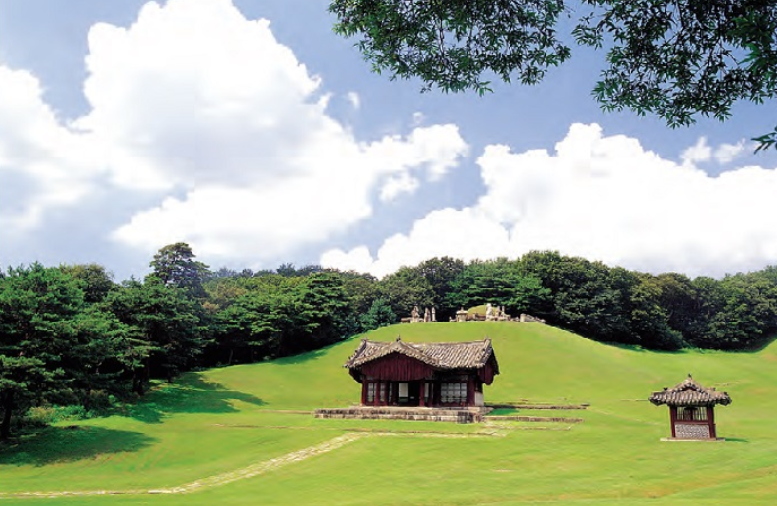
MONGNEUNG
Tombs of King Seonjo and his consorts, Quenn Uiin and Queen Inmok.
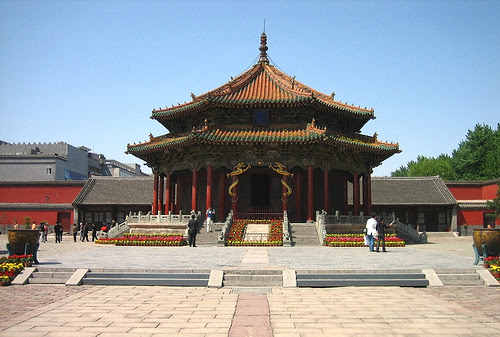
SHENYANG IMPERIAL PALACE
The former palace of the Later Jin dynasty and the early Qing dynasty.
The only existing royal palace in China outside of the Forbidden City in Beijing. The main structure of the palace was built in 1625 when Nurhachi was in power.
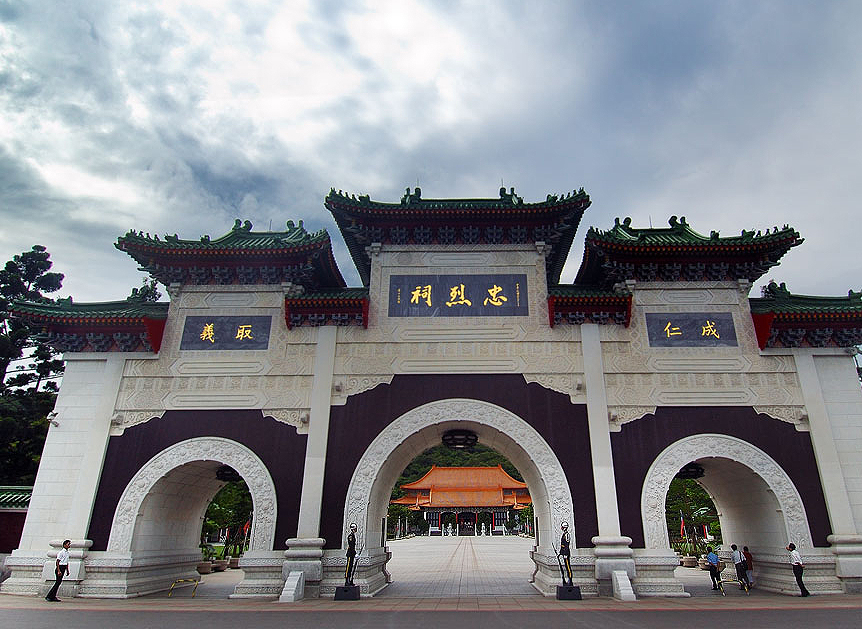
THE MARTYR’S SHRINE
The National Revolutionary Martyrs' Shrine is a Martyrs Shrine in Zhongshan District, Taipei, Taiwan, dedicated to the war dead of the Republic of China.
Built in 1969.
330,000 sacrifices for the revolution.
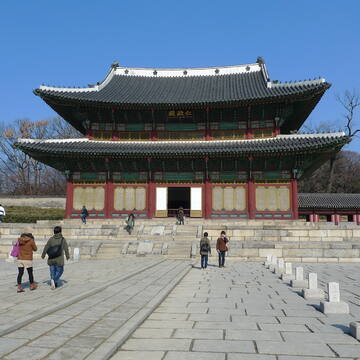
CHANGDEOKGUNG PALACE COMPLEX
Principal residence for Joseon Kings. Favored by kings for 270 years.
Also known as Donggwol.
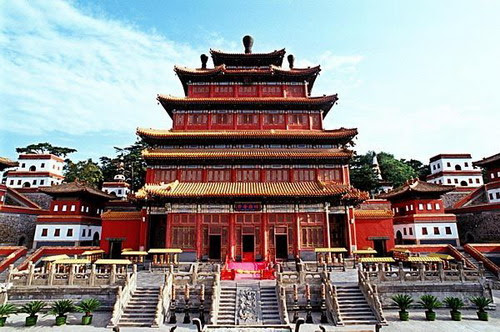
PUNING TEMPLE
In Hebei province, China
The main temple at Puning houses three monumental wooden sculptures that are skillfully carved and colorfully painted, for a Mahayana Buddha.
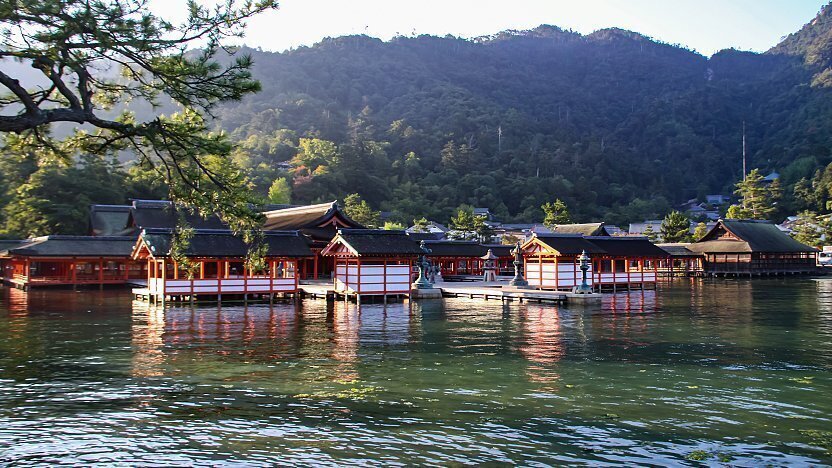
ITSUKUSHIMA SHRINE
The shrine is known worldwide for its iconic "floating" torii gate. The shrine and its torii gate are unique for being built over water, seemingly floating in the sea during high tide.
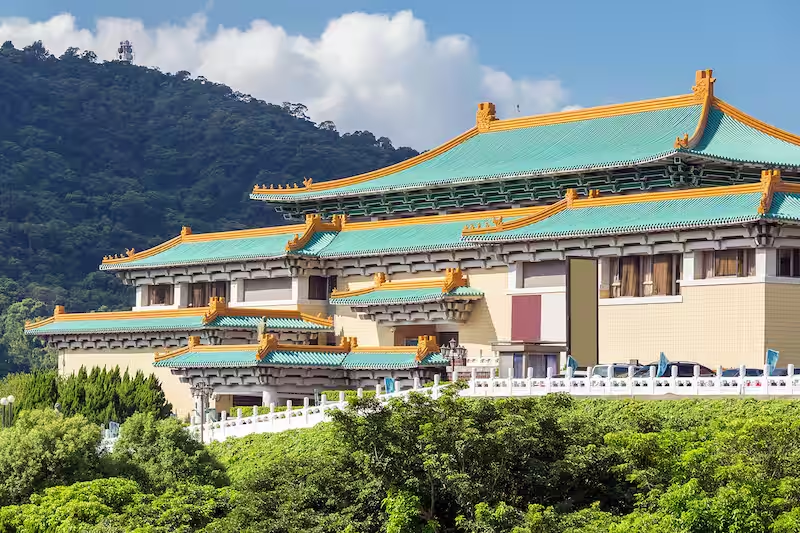
THE TAIPEI NATIONAL PALACE MUSEUM
National Palace Museum, major art museum in Taipei, Taiwan, that preserves many of the art holdings of the Chinese imperial collection.
The home to hundreds of thousands of historical relics that make up the world's most comprehensive and precious collection of ancient Chinese imperial collection. (over 650,000 art and documents.)
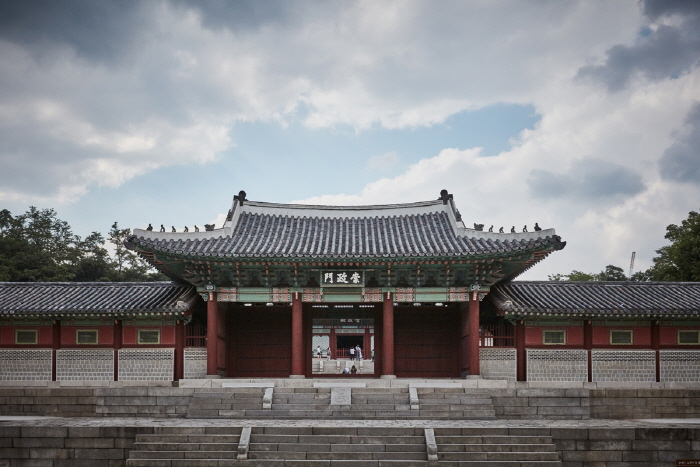
GYEONGHUIGUNG PALACE
Secondary royal residence in the West of Seoul.
Served as refuge for the king during emergencies.
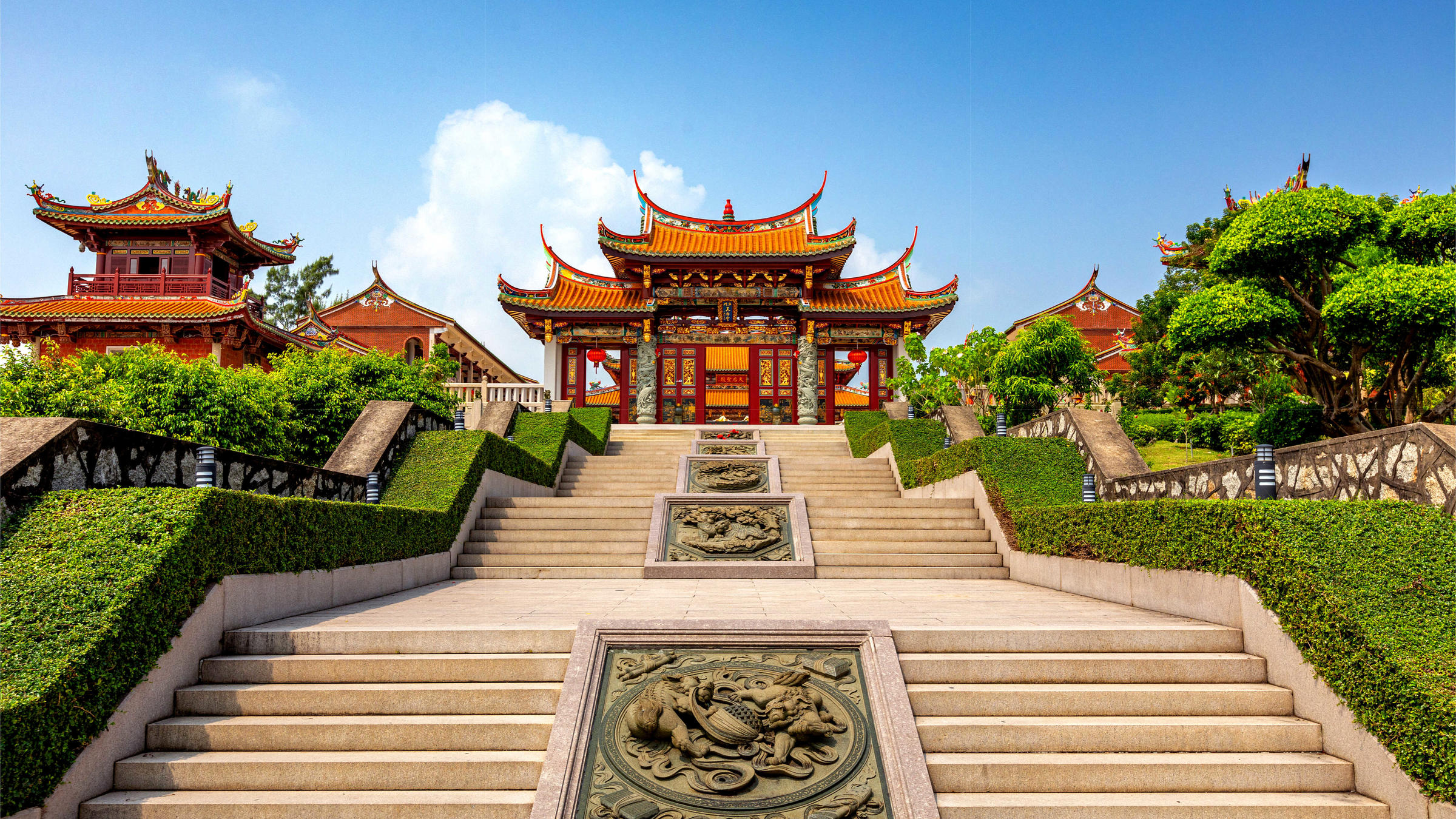
A-MA TEMPLE
The A-Ma Temple is a temple to the Chinese sea-goddess Mazu located in São Lourenço, Macau, China.
Built in 1488, the temple is one of the oldest in Macau.
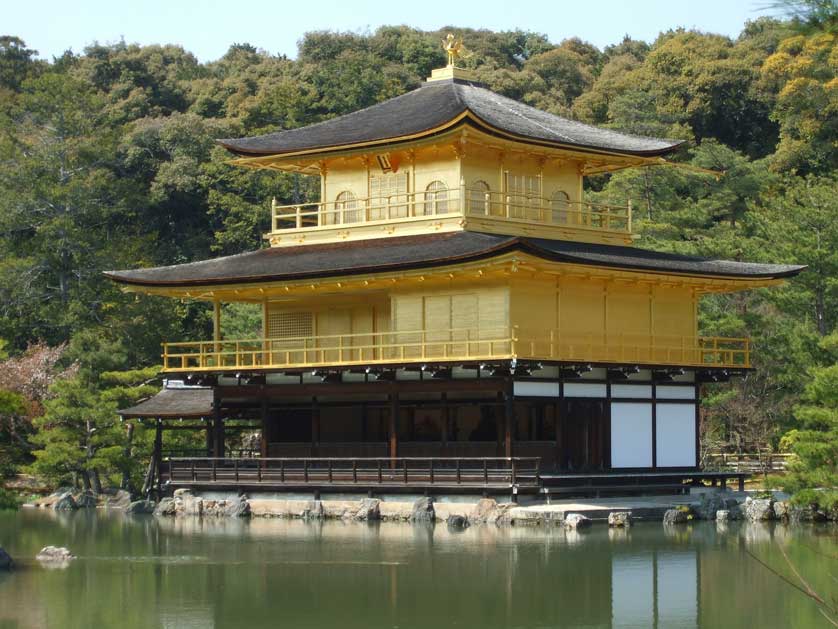
KINKAKUJI
World Heritage Site in NW Kyoto.
Features gold-leaf-covered main pavilion.
Interior statues of Buddha and Yoshimitsu at the first floor.
Blends Heian Period and samurai architectural styles.
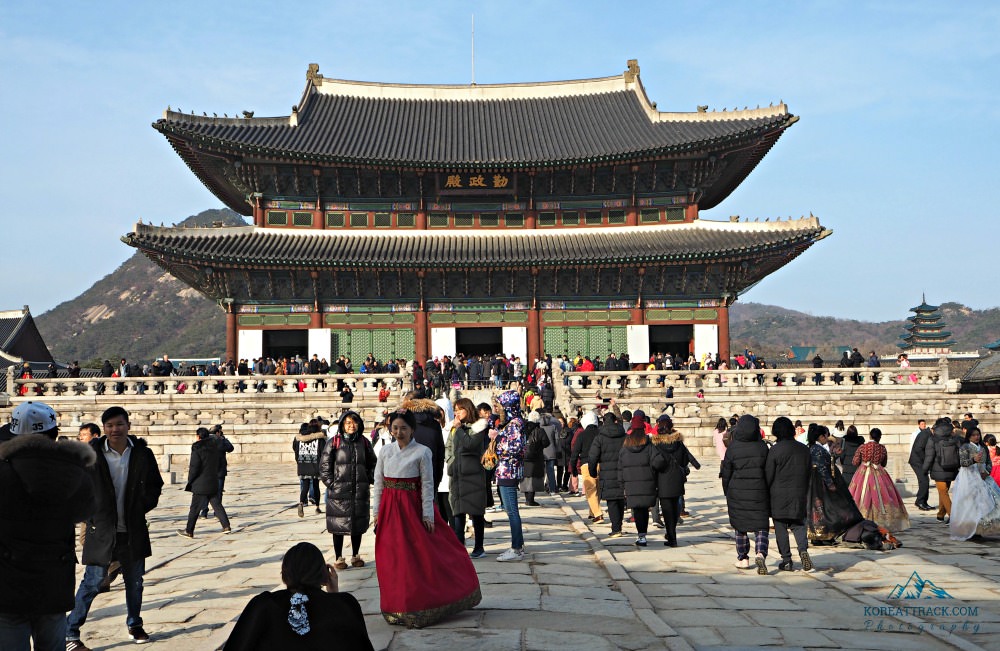
GYEONGBOKGUNG PALACE
Main/ primary residence of the Joseon dynasty kings.
“Palace of Happiness”
Largest of the five Grand Palaces
Governmental center with over 500 enclosed buildings.
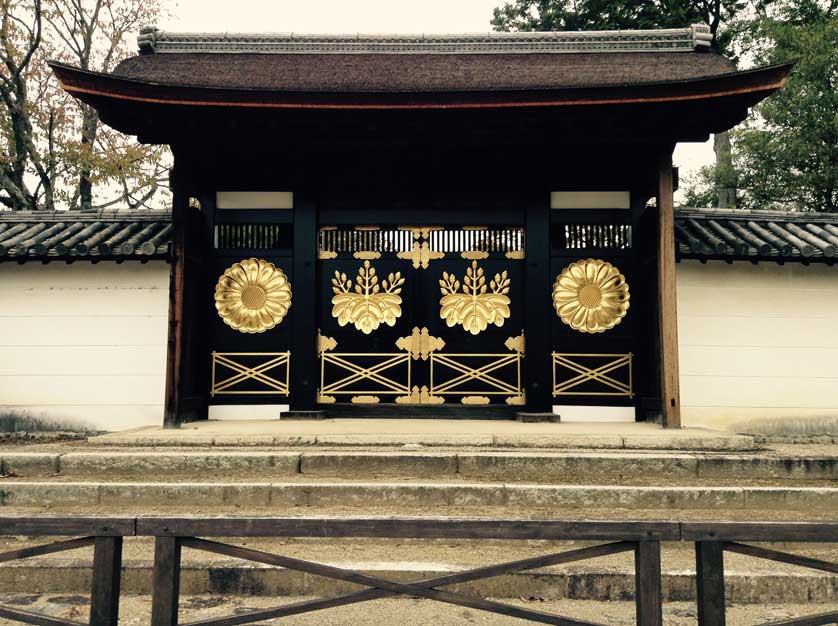
DAIGOJI TEMPLE
An important temple of the Shingon sect of Japanese Buddhism and a designated world heritage site.
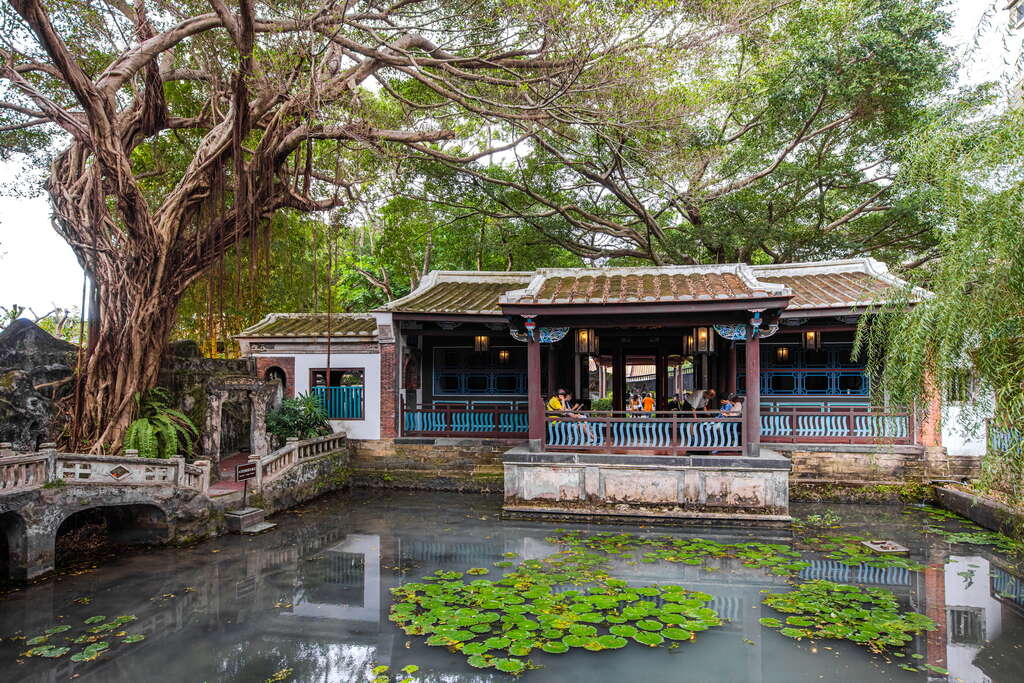
LIN FAMILY COMPOUND IN BANQIAO
Established in 1847
Among the best preserved grand mansions from the Japanese era (1895- 1945).
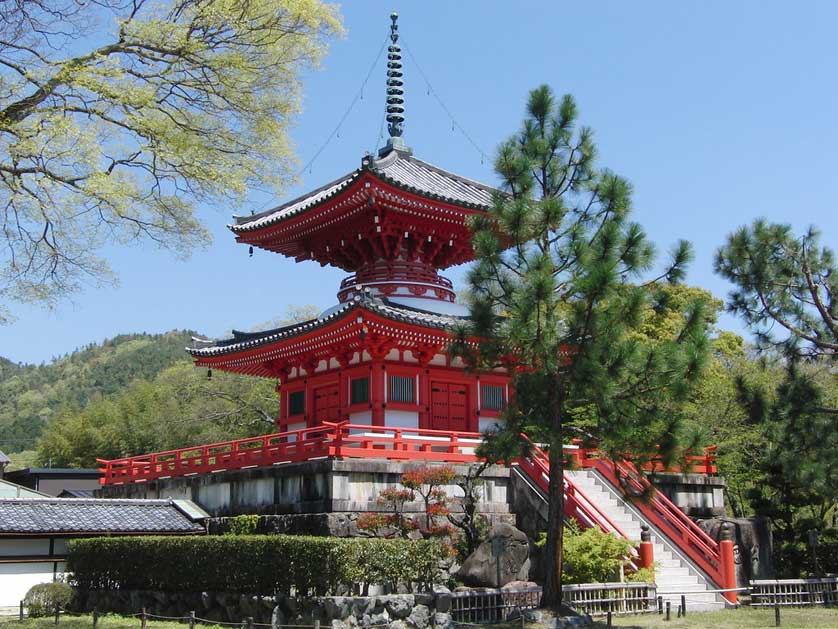
DAIKAKUJI TEMPLE
Originally the imperial villa of Emperor Saga.
Transformed into a temple in honor of the Shingon sect.
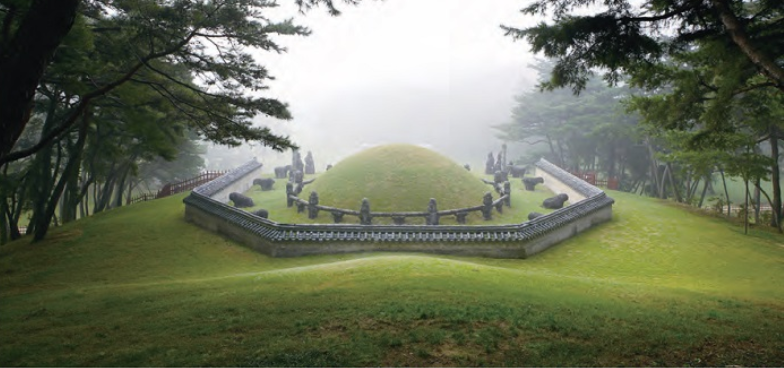
YEONGNEUENG
Tombs of King Sejong and his consort Queen Soheon.
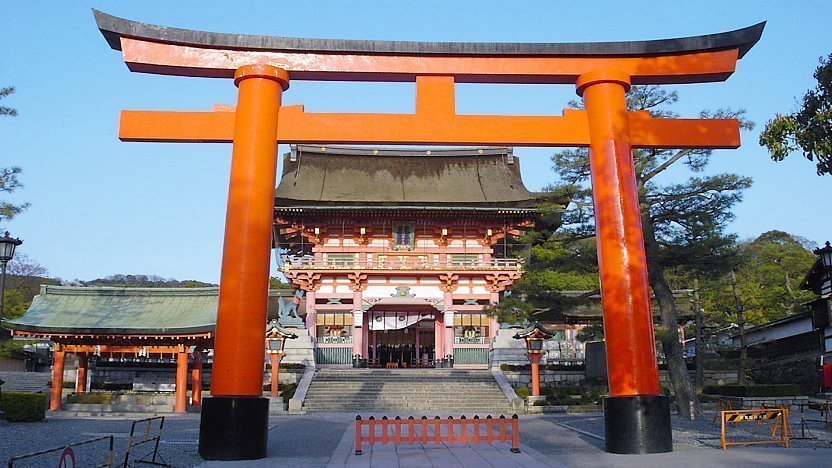
FUSHIMI INARI SHRINE
dedicated to Inari, God of rice. Foxes.
famous for the vermilion torii gates spanning trails.
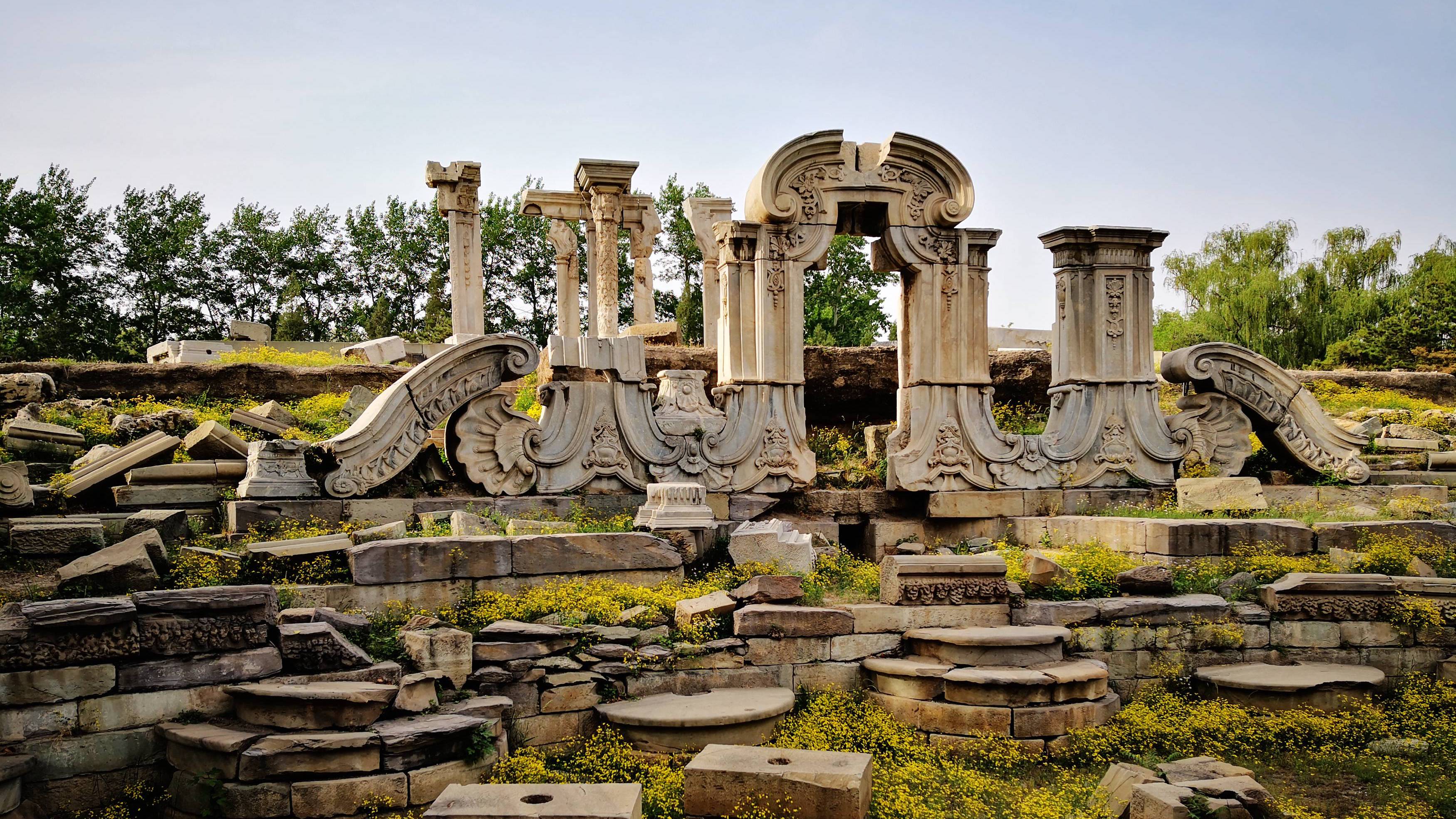
YUANMINGYUAN
'Gardens of Perfect Brightness') or Yuanmingyuan Park, originally called the Imperial Gardens.
SUMMER PALACE
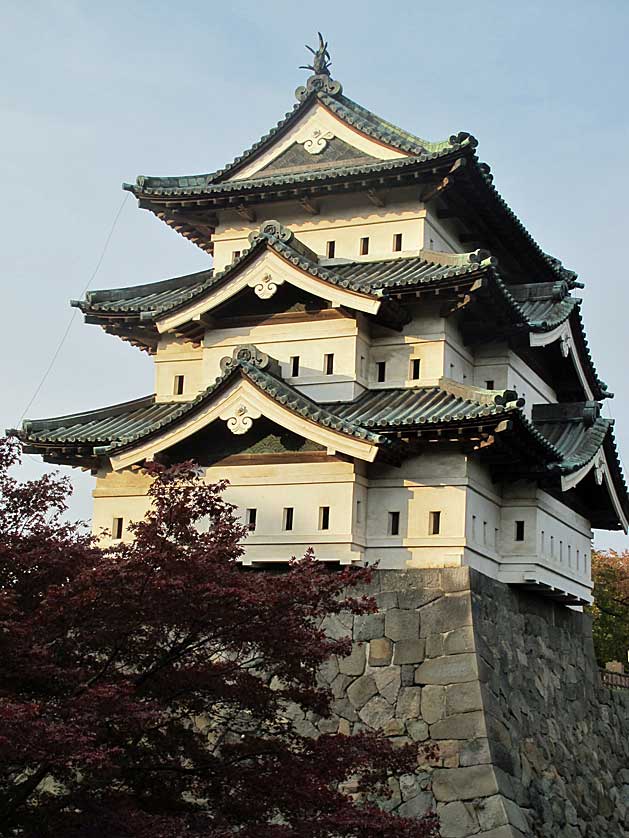
HIROSAKI CASTLE
Famous for having over 2,600 cherry trees.
separated by moats.
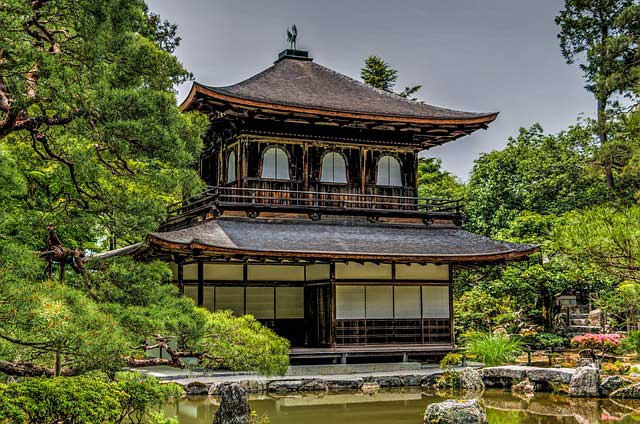
GINKAKUJI (JISHOJI) RINZAI ZEN TEMPLE
Wabi-sabi aesthetic.
Originally for a Shogun. Ashikaga Yoshimasa
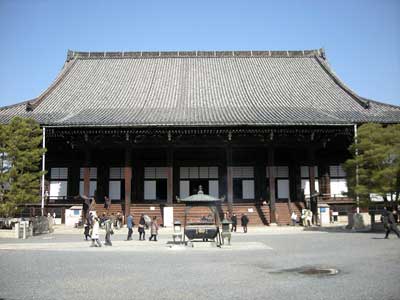
CHIONIN TEMPLE (1294)
Symbolizes the shogunate power and the sect’s supremacy.
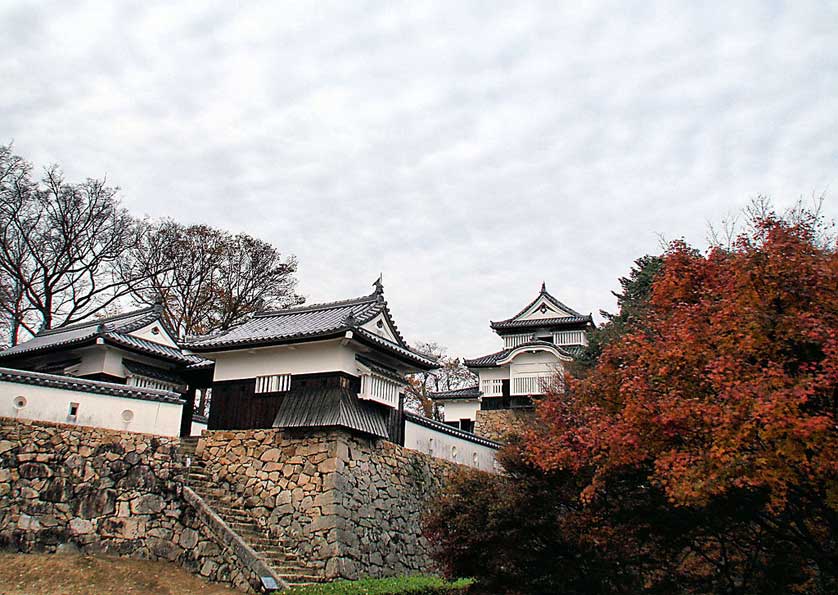
BITCHU MATSUYAMA CASTLE
highest mountain castle.
“CASTLE IN THE SKY’
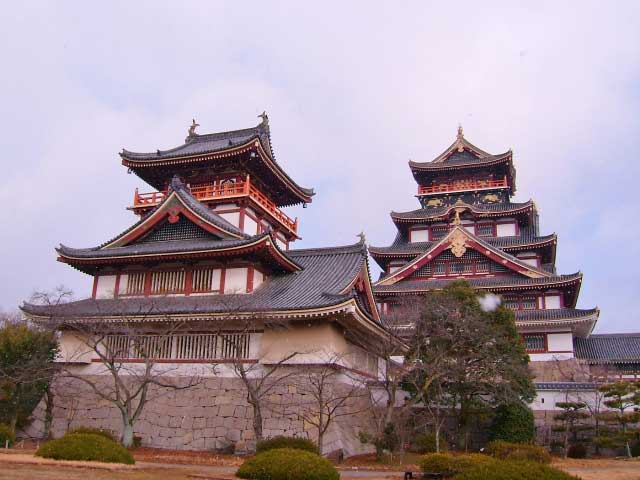
FUSHIMI MOMOYAMA CASTLE
Both a fortified palace and retirement residence.
Plum mountain = Momoyama

KORAKU-EN GARDEN
place of amusement for the ruling family.
big ponds, streams, walking trails, scenic views
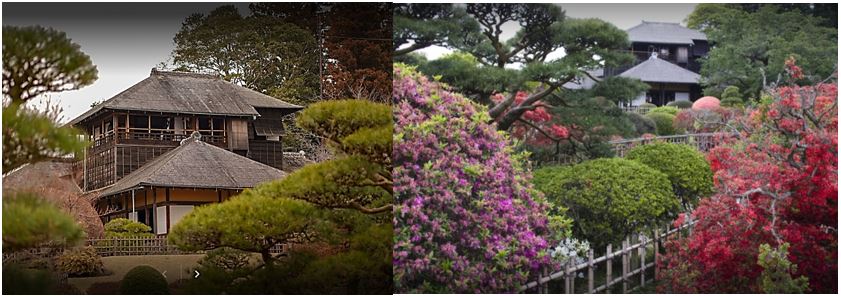
KAIROKU-EN GARDEN
3,000 plum trees
served as pleasure grounds for the ruling lord
“park to be enjoyed together”
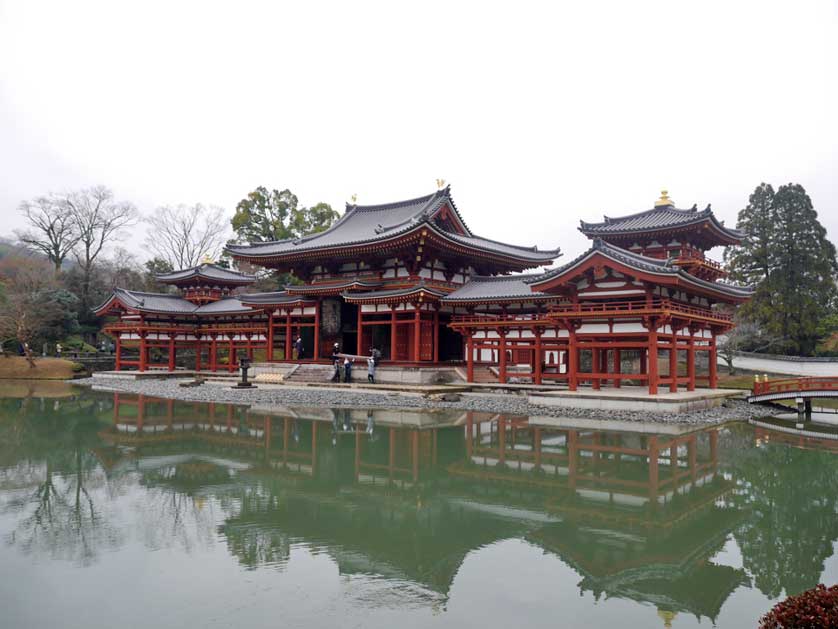
BYODOIN TEMPLE
World heritage site
Trove of designated National Treasures and Important cultural properties.
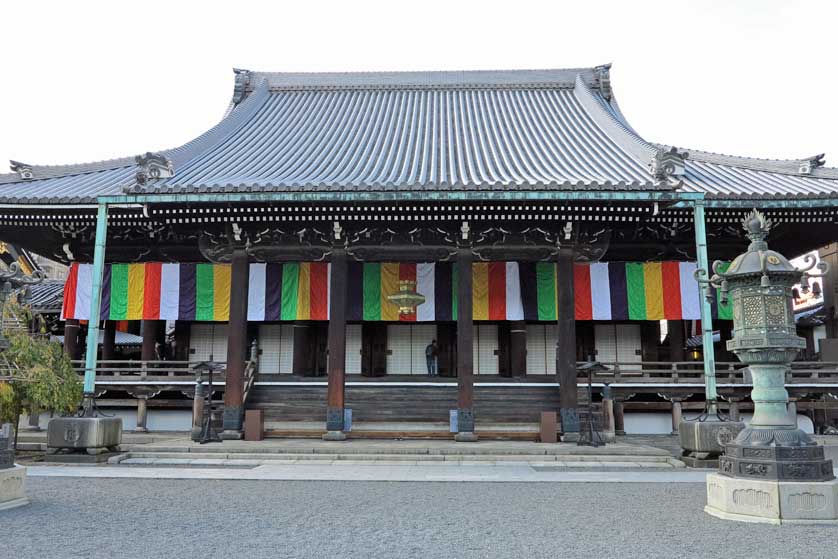
BUKKOJI TEMPLE (KOSHO-JI)
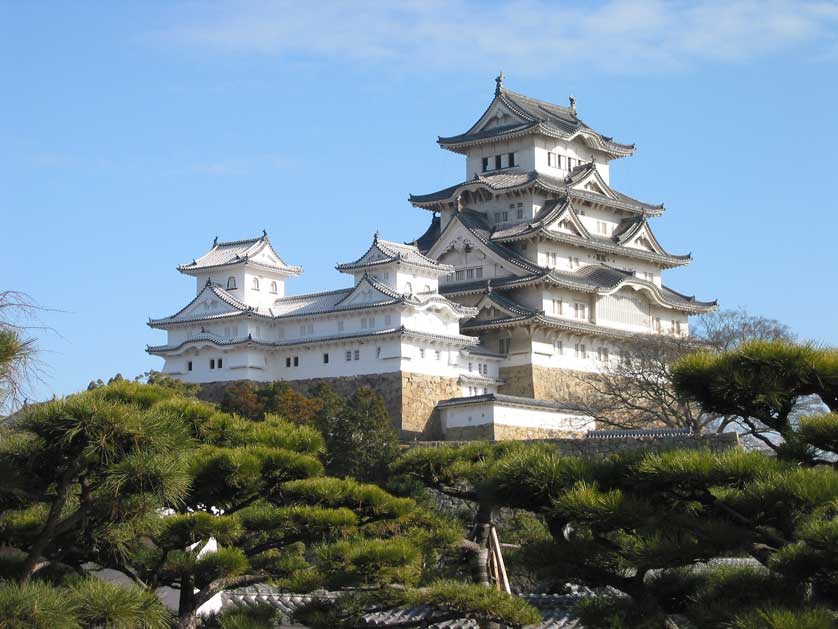
HIMEJI CASTLE
largest and most visited castle.
UNESCO World Heritage Site
one of the original Japanese castles
includes a 800-year old cypress beam believed to bring good luck upon touching.
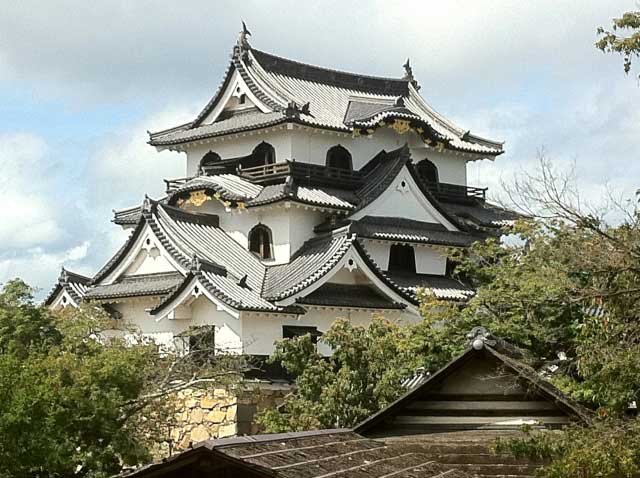
HIKONE CASTLE
one of the original 12 castle
20 years of construction, completed in 1622
remnants of the previous Sawayama Castle provide hiking trails.
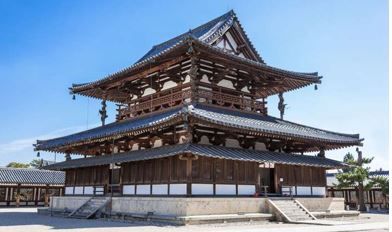
HORYU-JI TEMPLE
one of the Seven Great Temples
Horyu Gakumonji : Learning Temple of the Flourishing Law.
serves as both a seminary and a monastery.